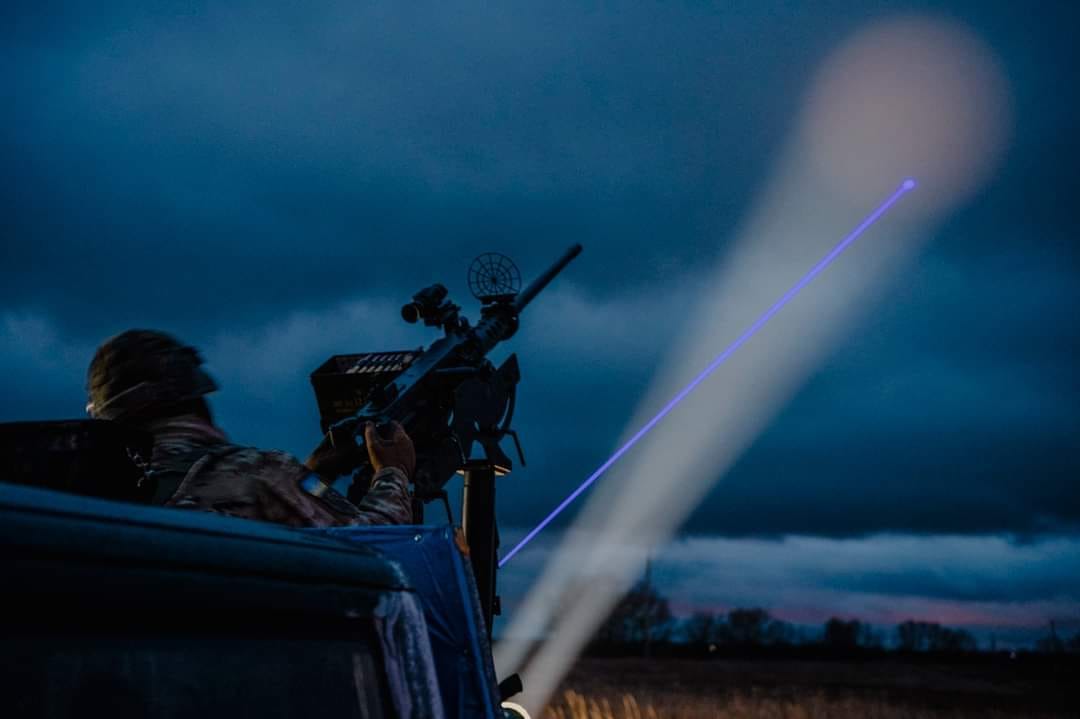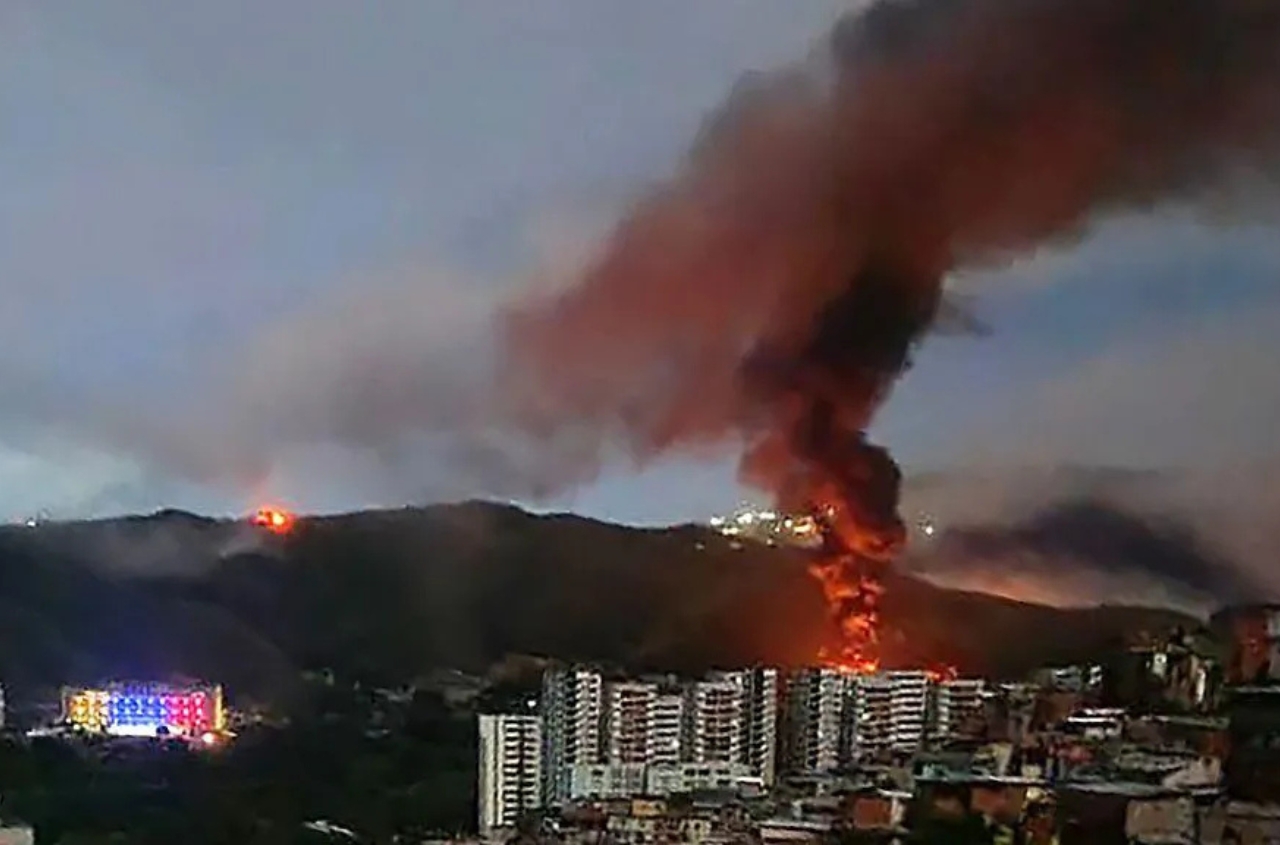By Alexander Kovalenko for Obozrevatel
"After the combined Iranian strike on Israel, which became the most extensive missile attack in the entire history of their confrontation, and was successfully repelled with minimal damage, many began to talk about Ukraine's need for a similar air defense system. It seemed like what further evidence is needed to confirm the effectiveness of the Israeli air defense system? However, in reality, it's not as straightforward as it may seem at first glance.
It's not just about the Iron Dome.
On the night of April 13-14, Iranian forces launched between 400 to 500 air-to-ground projectiles at Israel, including various types of kamikaze drones, such as the Shahed-136, winged missiles like the "Fava," ballistic missiles like the "Emad," and so on.
The result exceeded all expectations: the rate of intercepted projectiles reached 99%. Despite the massiveness and diversity of the attack, and the interception algorithms, Iran failed to breach Israel's air defense system, and the damage was minimized.
Against the backdrop of such a high success rate in repelling massive threats, there's renewed discussion in the media about the Iron Dome missile defense system and the need to adopt Israel's concept of layered air defense.
The idea is intriguing, but unfortunately, there are several nuances that make it untenable. And I want to emphasize that it's not about the feasibility of acquiring specific types of missile defense systems, like the Iron Dome, but about the concept of building an air defense system based on the Israeli model.
The first nuance is that Israel wasn't alone in this.
In the context of the successful repulsion of the attack on Israel, it's unfair to attribute it solely to the Israeli air defense system. We should also remember the allied forces that, together with Israel, repelled the attack.
This included comprehensive support from the US Air Force, the French Air Force and Navy, the Royal Air Force, Jordanian Air Force operations within its airspace, as well as intelligence support from the UAE and Saudi Arabia.
Thus, Israel wasn't alone in facing the threat from Iran; it was a comprehensive approach by allied forces to repel the attack.
The second nuance - Israel's territory
It covers just over 22,000 square kilometers. For better understanding: the area of the temporarily occupied Crimean peninsula is 27,000 square kilometers.
Such an area allows for a denser, more saturated layering with coverage over a much larger area of the country, encompassing components with large, medium, and small radii of action. The denser and more saturated the layering, the harder it is to breach such air defense.
To create ideal coverage of the country with an umbrella of air defense, Israel needs far fewer components for each layer compared to Ukraine to implement a similar concept.
The third nuance - distances
And finally, the third advantage of Israel - the distance to the aggressor country, Iran. It's almost a thousand kilometers straight!
With such distances, notification of any threat from Iran arrives in advance. The flight time of kamikaze drones can take 7-8 hours, subsonic cruise missiles - over an hour, and ballistic missiles - on average 30 minutes. During this time, not only can the population be alerted to the danger, but all forces can be brought to full combat readiness, aircraft can be deployed, and everything can be prepared to intercept enemy objects.
Ukraine simply doesn't have such luxury. The flight time of ballistic missiles to Kharkiv is a matter of seconds, to Odessa - just minutes. Kamikaze drones cover the distance from the Russian border to Kharkiv in 8-10 minutes, to Odessa - in an hour and a half, but since they fly at low altitudes over the sea, they can only be detected as they approach the city.
Of course, for the deep rear areas of Ukraine, central or western regions, this concept can be considered, but I repeat: the average Ukrainian region is the size of Israel itself.
Conclusions
Israeli air defense worked excellently in repelling the Iranian strike. However, such a concept of air defense construction works well in Israel due to its small size, significant distance from the aggressor country, and thanks to the assistance of allies. But if any of these factors were removed, what would the result be?
A similar question arises regarding the frequency of such massive strikes. If Iran opted for systematic attacks, for example, every two to three days, would Israel and its allies be able to maintain a high level of efficiency over the long term?
In Ukraine, one of the best layered air defense systems in Europe has been established, located in Kyiv. As we see, even with the proximity to the Russian border and the lack of direct support from allies in repelling missile attacks, this concept works with very high efficiency. Such a concept, ideally suited to Ukrainian conditions, should be implemented in other cities (taking into account their specific characteristics) – in places like Odessa or Kharkiv.
While the Israeli concept, despite its high effectiveness, is suitable for Israel, it may not be suitable for Ukraine."





















